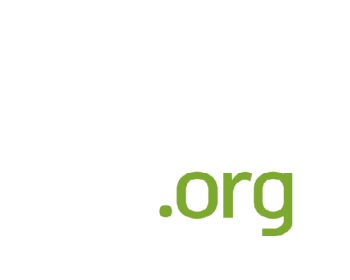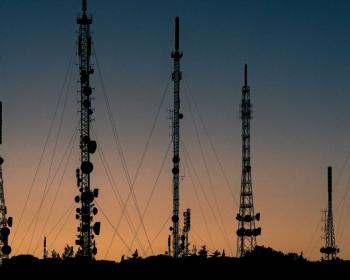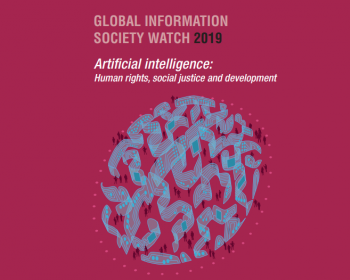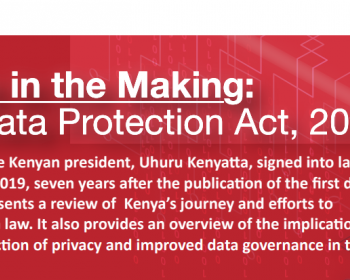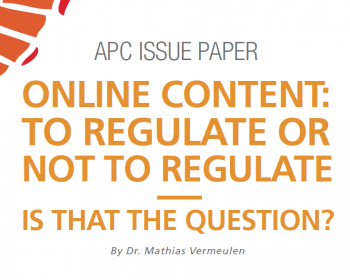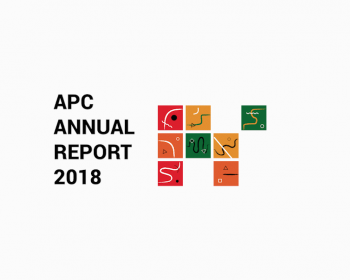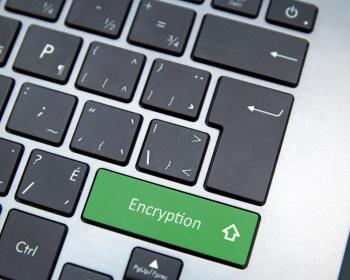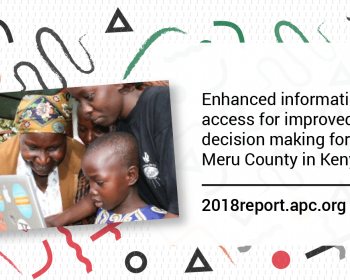ICT policy
APC recognises the internet as a global public good, which should be governed in an inclusive, transparent, democratic and accountable manner. The lack of transparency, consultation and accountability around the proposed sale of .ORG is in stark contrast to the principles of multistakeholder governance that ISOC promotes in other areas of its work and operations.
The joint submission by APC and partners focuses on opening up the telecommunications market to smaller regional/local operators and community networks that fill the gap that large operators leave behind.
While pointing to the positive use of AI to enable rights in ways that were not easily possible before, this edition of GISWatch highlights the real threats that we need to pay attention to if we are going to build an AI-embedded future that enables human dignity.
Following a seven-year, windy journey, on 8 November 2019, Kenya got a data protection law. The Data Protection Act, 2019 has various positive elements and can go a long way in addressing the live issues in protecting the privacy of data in Kenya.
Recently there have been a flurry of proposals to “regulate the internet”, which in practice boils down to more narrowly regulating online content. In order to suggest a principles-based approach to regulation, this issue paper highlights positive and negative aspects of some recent initiatives.
A damning new report from the United Nations Special Rapporteur on extreme poverty and human rights, Philip Alston, raises alarm about the rise of the digital welfare state, which uses data and technologies to automate, predict, identify, surveil, detect, target and punish the poor.
APC's 2018 Annual Report is a deep dive into one year of our network's life. It is a compendium of stories about how APC collectively strives for change, from a year when so many deeply rooted initiatives blossomed.
Changes in access policy and regulation are required, in particular with regard to the management of radio spectrum, which is still largely rooted in 20th century analogue paradigms. This report is intended as a resource for regulators and policy makers tasked with addressing affordable access.
Civil society organizations write to encourage Facebook, in no uncertain terms, to continue increasing the end-to-end security across its messaging services. Given the remarkable reach of Facebook’s messaging services, ensuring default end-to-end security will provide a substantial boon to worldwide communications freedom, to public safety, and to democratic values.
Human rights norms and standards integrate gender and development, and are respected and promoted in internet and ICT policy, governance, development and practice. This is a compendium of the highlights from APC's Annual Report for 2018.

Association for Progressive Communications (APC) 2022
Unless otherwise stated, content on the APC website is licensed under Creative Commons Attribution 4.0 International (CC BY 4.0)



